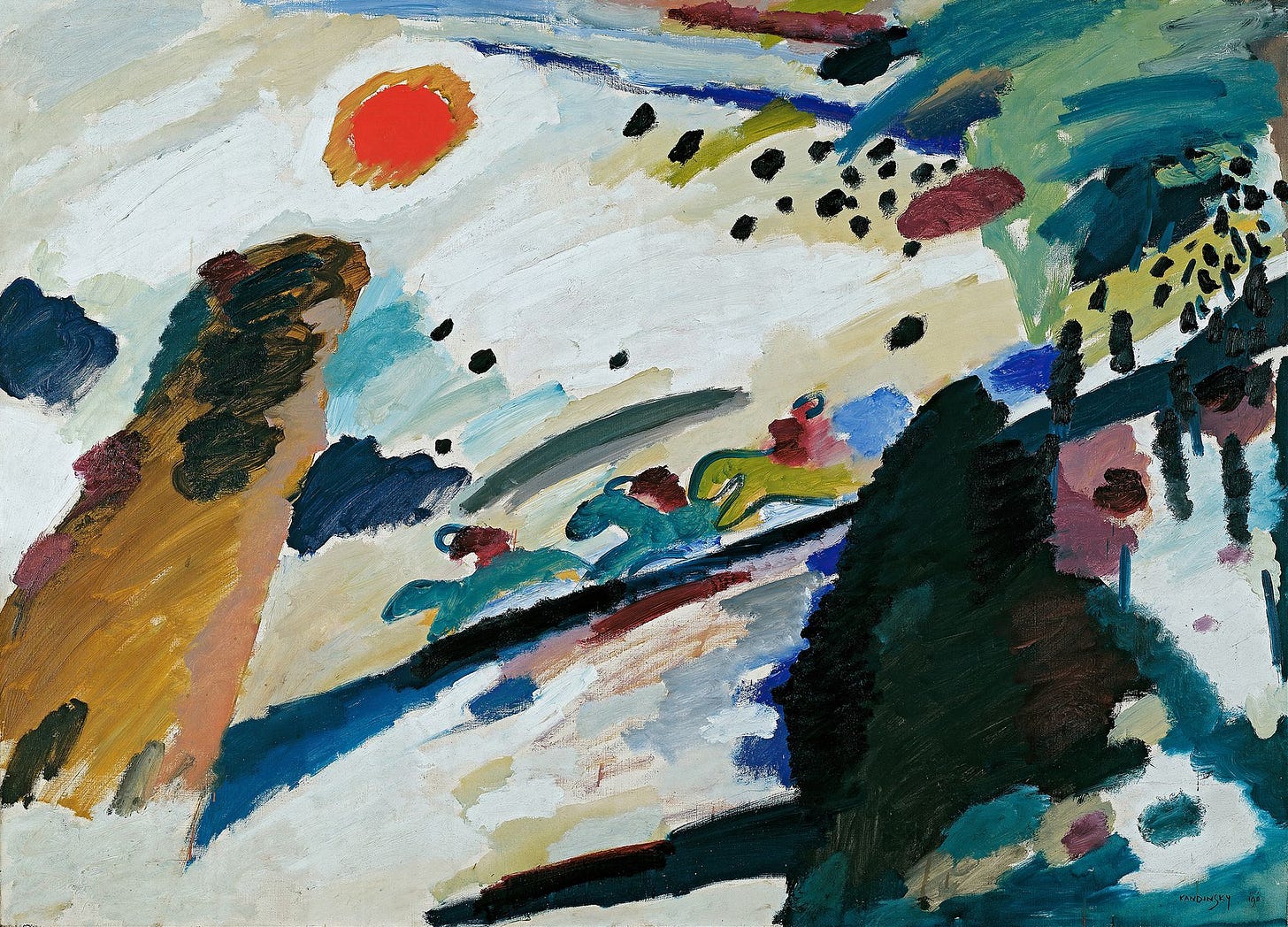Putin, the Idealist
The Russian president was once thought to be cold and calculating. Then he started believing in things.
One of the ongoing disputes Shadi and I have here on Wisdom of Crowds is over my squeamishness in articulating a coherent vision for the world. On several occasions, mostly but not exclusively in discussing international relations, Shadi has challenged me over my aversion to big gestures at purpose, goal, endpoint—towards changing things (presumably for…




